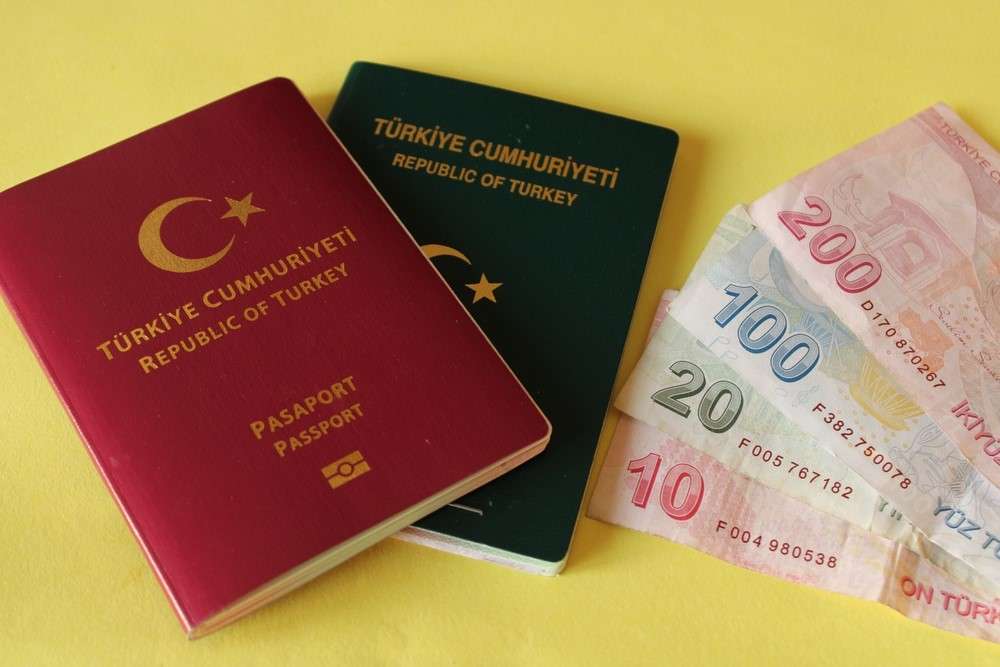East meets West in Turkey, a nation with a rich cultural legacy, breathtaking scenery, and—most importantly—great cuisine. Over millennia, Turkish cuisine has developed as an art form influenced by Mediterranean, Middle Eastern, and Central Asian elements. One of the most engaging activities available to visitors on a trip to Turkey is enrolling in a cookery course to learn how to make real Turkish food. These practical encounters provide deep insights into the history, customs, and flavors defining Turkish cuisine.
A Culinary Adventure in Turkey
Cooking courses in Turkey are a trip into the core of Turkish culture rather than only a learning process with recipes. From the busy streets of Istanbul to the little towns of Cappadocia and the seaside towns along the Aegean, these sessions give a chance to interact with local chefs, visit traditional markets, and use fresh, locally grown products.
Many of these courses start with a visit to a nearby market, where attendees can investigate lively booths bursting with sun-dried herbs, fresh vegetables, cheeses, and olives. Since Turkish cooking stresses the need for fresh, premium ingredients, it is based on market experience. An interesting cooking session is set in an energetic environment, with the smell of spices and vendor conversation.
TURKEY VISA APPLICATION PROCESS
The Magic of Turkish Cuisine
Bold tastes, aromatic spices, and slow-cooked delights combine in Turkish cuisine. A normal cooking course covers a range of foods, from appetizers to sweets. Meze—a collection of little appetizers including hummus, stuffed grape leaves (dolma), and eggplant salad—is among the most often taught meals in these courses. Turkey’s meze culture is strongly anchored in social events; hence, these dishes are essential for every meal.
Pide—often known as Turkish pizza—is another pillar of Turkish cuisine. Traditionally stone-oven-cooked, this boat-shaped flatbread is topped with minced meat, cheese, or veggies. Making a pie from scratch, working the dough, and perfecting the filling is an interesting and gratifying endeavor.
For those who enjoy more complex cuisine, Lahmacun, a thin and crispy flatbread topped with minced meat, tomatoes, onions, and spices, is often included in the courses. One ability one may bring back home is learning to master the rolling out dough process and balancing the topping flavors.
Of course, no Turkish dinner is complete without Baklava, the world-known dessert created from layers of filo dough, chopped almonds, and sweet syrup. A highlight of many cooking courses is learning the craft of creating this delicacy from scratch, including handling the delicate filo dough and attaining the ideal balance of sweetener.
Learning from the Experts
The friendliness and generosity of the teachers define Turkish cooking workshops as unique. Experienced chefs, house cooks, or even local families passing on their recipes across generations lead many sessions. Usually housed in small kitchens, classic farms, or even historic locations, the experience is personal. Along with learning to cook, participants hear intriguing tales about the history of foods, cultural customs, and cuisine’s importance in daily Turkish life.
Istanbul’s cooking schools, like Istanbul Cooking School and Cooking Alaturka, have set courses for novice and experienced chefs that provide organization. In Cappadocia, sessions sometimes take place in cave kitchens, creating an unusual environment that fits the ancient background of the area. Bodrum and Antalya, two coastal areas, emphasize seafood cuisine and teach using the day’s fresh catch.
Turkey Visa for Armenian Citizens
Bringing Turkish Flavors Home
The finest aspect of enrolling in a cooking class is the possibility of taking home fresh skills and greater respect for Turkey’s culinary legacy. Many cooking schools offer recipe books so that attendees can replicate their best meals long after their vacation. Whether utilizing Sumac to improve a salad, learning the art of preparing Turkish tea and coffee, or honing saffron, the experience also motivates visitors to experiment with Turkish products.
Beyond the kitchen, these seminars provide a window into Turkish people’s daily lives and help strengthen a cultural link. Cooking in Turkey becomes an amazing event through shared meals, laughter over a well-cooked dish, or fresh connections with other participants.
Conclusion
A culinary course is essential for those looking for a real and immersive Turkey experience. It lets visitors interact with the national culture in the most mouthwatering way imaginable, surpassing sightseeing. From kneading dough to simmering soups to baklava layers, these workshops capture the actual soul of Turkish food. Learning to cook in Turkey is a rewarding trip that lingers with you long after you leave its coastlines, regardless of your level of love for food or just curiosity about new tastes.
More articles: Exploring the Vineyards of Turkey: The Best Wines to Try

